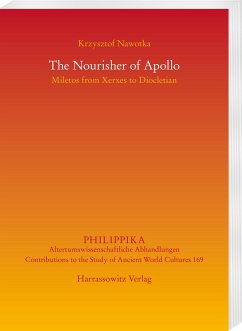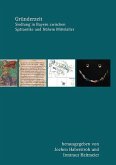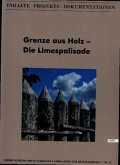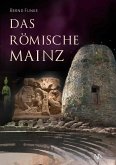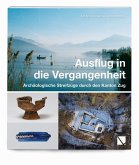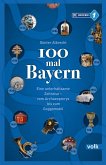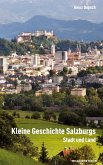This is the first modern monograph of Miletos from the Classical Age until the Late Empire, concerned with history rather than with archaeology. Hence it is based primarily on plentiful epigraphic sources enriched by reference to Milesian coins and archaeological evidence. It pays much attention to the internal development of Miletos, from urban evolution to transformations of its government, ranging from oligarchy of Persian times, to Hellenistic democracy, to the regime of notables in the Imperial age. Much attention is devoted to the position of Miletos in the world dominated by major powers - Hellenistic monarchies, late Roman republic and Empire. The book shows that Miletos largely owed its quasi-independent position, markedly exceeding its real economic or military strength, to skillful exploitation of the prestige of the great temple and Oracle of Apollo in Didyma, enormously influential with many kings and emperors. Apart from the diachronic narrative of history of Miletos the book contains chapters on economy and population of Miletos, the professed identity of its elite and on role of Didyma and its games within the polis who named itself "the nourisher of Apollo".
Bitte wählen Sie Ihr Anliegen aus.
Rechnungen
Retourenschein anfordern
Bestellstatus
Storno

